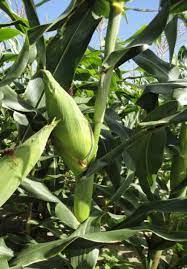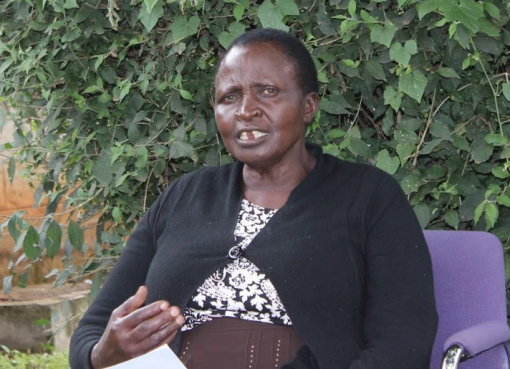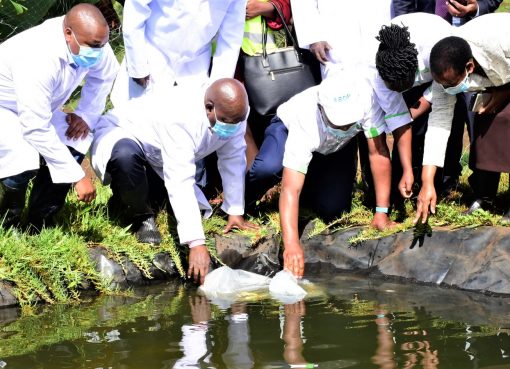The government has finalized plans to ensure that Genetically Modified Organism (GMO) maize seeds were available at the Kenya Agricultural and Livestock Research Organization (KALRO) for planting ahead of the 2023 long rains.
According to KALROs Director General Dr. Eliud Kireger, KALRO and its partner African Agricultural Technology Foundation (AATF) will avail 11 metric tonnes of the certified seeds for planting in at least 500,000 acres across mid altitude agro ecological zones as demonstrations pending full commercialization by private companies.
In a press statement and update on the status of the GMO after the government lifted the ban on the products, the DG noted that the move was critical to bridge the deficit on food and feeds and also to safeguard the environment.
“Climate change and severity of drought and emergence of new pests such as Fall Army Worms and maize stalk borer, and diseases such as Maize Lethal Necrosis pose a real threat to food, feed and nutritional security”, he said.
Dr. Kireger explained that insect-pests were very expensive to control, with farmers spending up to Kshs. 12,000 per acre on pesticides alone contributing to low production that currently stands at 7 to 10 (90kg) bags against the potential of 22 to 35 bags per acre.

“These pesticides are also harmful to human health and the environment especially water and we also lose about 13M (90kg) of maize to stock borers alone annually valued at Ksh 32.5B. Maize borers attack also increases aflatoxin contamination, which is a health hazard”, the DG said .
He justified in his statement that GMOs have been grown for almost 30 years with no verified health problems being reported while scientifically, GMO is proven to be safe for food, feed and the environment and currently approved for cultivation in about 70 countries worldwide.
Kenya, Dr. Kireger said has a fully robust and functional policy, legal and institutional framework for governing use of GMOs and after a decade of successful research three Bt maize varieties; WE1259B, WE3205B and WE5206B were recommended for release by KEPHIS but the final release and placement to the market was pending cabinet decision.
“As required by law, KALRO worked with regulatory agencies, National Biosafety Authority, NEMA and KEPHIS on the various steps and we want to assure Kenyans that the Bt maize is safe as conventional varieties for food, feed, and the environment.
President Ruto on 3rd of October lifted the 10 year ban on import and cultivation of GMO white maize saying the move will help feed the drought stricken counties where more than four million people are on the brink of starvation.
The Move the president further said is part of the medium to long term responses on the ongoing drought and a progressive step towards significantly redefining agriculture in Kenya by adopting crops that are resistant to pests and diseases.
Since lifting of the ban, scientists have come out to support the president’s move with Dr. Joel Ochieng lead of Agricultural Biotechnology Programme at the University of Nairobi saying the lifting of the ban is set to lower food prices and stabilize the economy.
Zachary Munyambu, coordinator of Kiambu poultry farmers’ cooperative society says he is optimistic that the lifting of the ban will see now the government allow importation of Soya which is a key ingredient in animal feed manufacture.
KALRO has been undertaking the BT maize trials for more than 8 years purposely to develop maize that is drought tolerant and resistant to diseases under the Water Efficient Maize for Africa Project.
By Wangari Ndirangu




